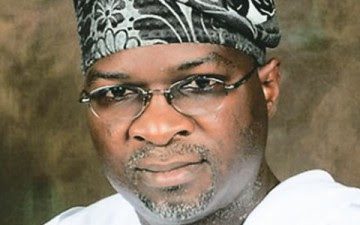Nigeria’s Minister of Works and Housing, Babatunde Raji Fashola recently commissioned public roads built by a private citizen, Chief Ade-Ojo. For decades, Nigerians have looked up to the government to provide necessary infrastructures. But things seem to be changing, at least following Fashola’s call on private citizens to supplement state efforts.
Nigeria has an enormous infrastructure deficit that would require annual spending of at least $31 billion and the government is already neck-deep in debt.
According to the World Bank, the country’s infrastructure deficit may reach a whopping $878 billion by 2040. A viable way for Nigeria to fill this gap in infrastructure in light of the rising debt, as advised by Fashola, would be through the support of individuals and corporations.
Should Nigerians, however, take to building public infrastructures, it would not be the first time such help is rendered by non-state bodies. Unleashing the powers of the private sector through infrastructure investment, meanwhile, is a part of development stories in the west.
To read more, check full article on The New Telegraph.

